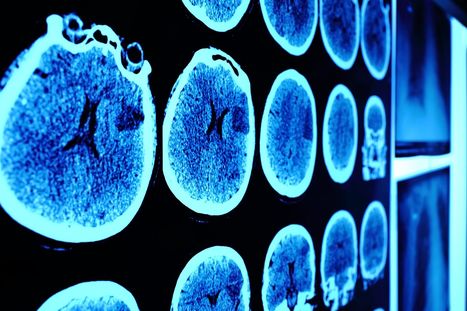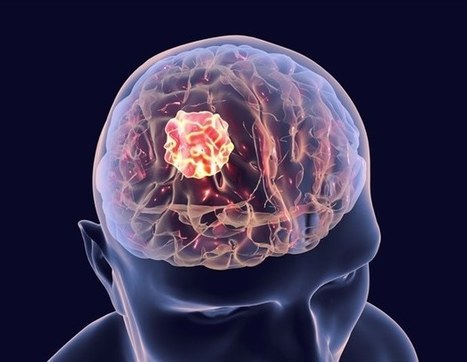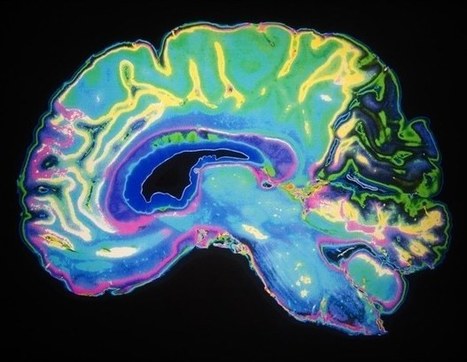Treatment with a next-generation CAR T-cell agent displayed early efficacy in a small group of patients with glioblastoma.
Research and publish the best content.
Get Started for FREE
Sign up with Facebook Sign up with X
I don't have a Facebook or a X account
Already have an account: Login
 Your new post is loading... Your new post is loading...
 Your new post is loading... Your new post is loading...
|
|















CARv3-TEAM-E T cells are CAR T cells targeting EGFR variant III tumor-specific antigen (EGFRvIII) in addition to wild-type EGFR. According to the results of the phase 1 INCIPIENT trial (NCT05660369) published in the New England Journal of Medicine, preliminary results in humans demonstrated that all 3 glioblastoma patients treated with CARv3-TEAM-E T cells between March 2023 and July 2023 showed dramatic and rapid radiographic regression of their tumors within days of receiving CARv3-TEAM-E T cells via a single intraventricular infusion. Responses were transient in 2 of the patients, however 1 patient, a 72-year-old man, showed an 18.5% decrease in tumor cross-sectional area on day 2 after receiving a single infusion of 10 x 106 CAR-positive CARv3-TEAM-E T cells. Moreover, 69 days after infusion, tumor cross-sectional area had decreased by a further 60.7% from baseline; the response was sustained and continued to improve at the last assessment, which took place more than 150 days after infusion.